Oumou Sangaré Profile
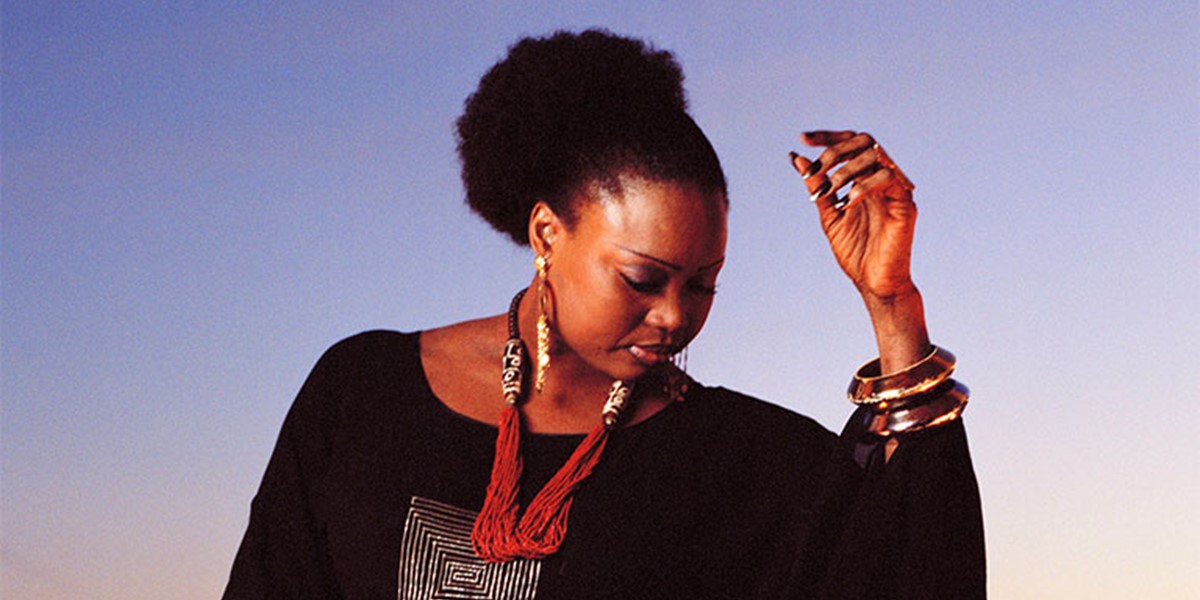
- Born: 1968
- Related Artists: Anouar Brahem, Calypso Rose, Fela Kuti, Fanfare Ciocărlia, Oumou Sangaré
- Related Genres: Son, Cajun, Samba
Known as the 'Wassoulou songbird', Oumou Sangaré is one of Mali's greatest singers and activists who is constantly challenging gender inequalities
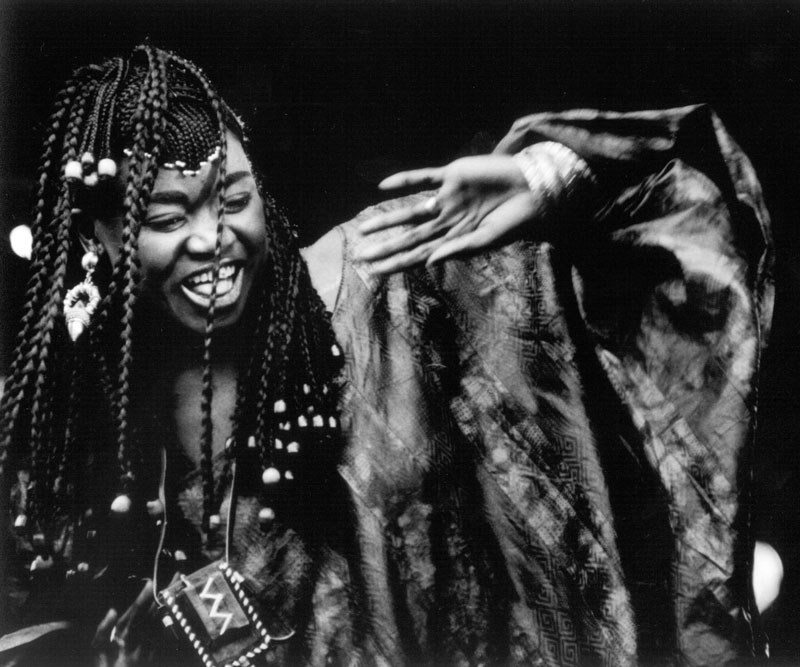
Nobody has challenged the gender inequalities of African society more resolutely than Mali’s Oumou Sangaré. Her stunning 1990 debut Moussolou – the title translates simply as ‘women’ – sparked a feminist revolution. ‘People couldn’t believe my music. They would say “she’s denouncing polygamy, she’s encouraging women to stand up to their husbands, she’s got guts”,’ Sangaré recalls. ‘It was a kind of revolution.’
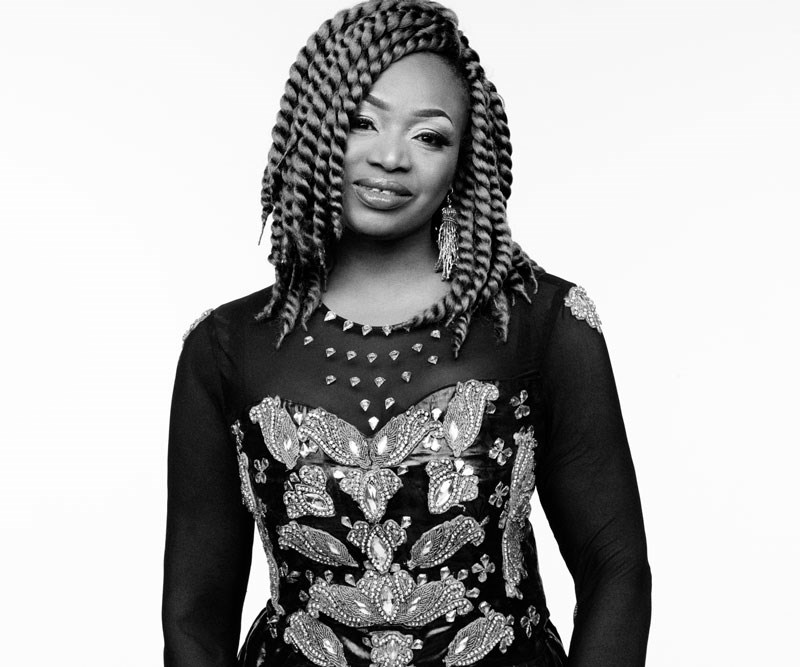
Oumou Sangaré (photo: Benoit Peverelli)
The album was released internationally a year later on World Circuit, the beginning of a long association with the label which made her an international star as she won the UNESCO Prize, became an ambassador for the United Nations’ Food and Agricultural Organisation, duetted on French TV with Alicia Keys and featured on the soundtrack of the film Beloved, starring Oprah Winfrey.
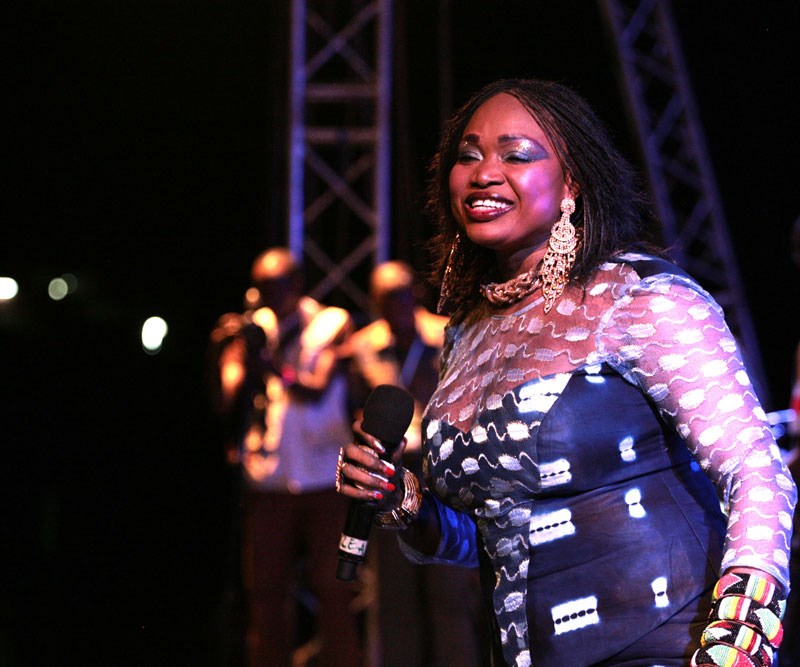
Oumou Sangaré in 2015 (photo: Segou Fanta Diarra)
Six foot tall, elegant, feisty and charismatic with a soulful, soaring voice, Sangaré was born in 1969 to parents who came from Wassoulou, a remote wooded region in southern Mali, with a rich and distinctive culture based around the special place in village life afforded to the traditional caste of hunters, whose music, played on the six string doson ngoni (harp), is believed to have magic powers.
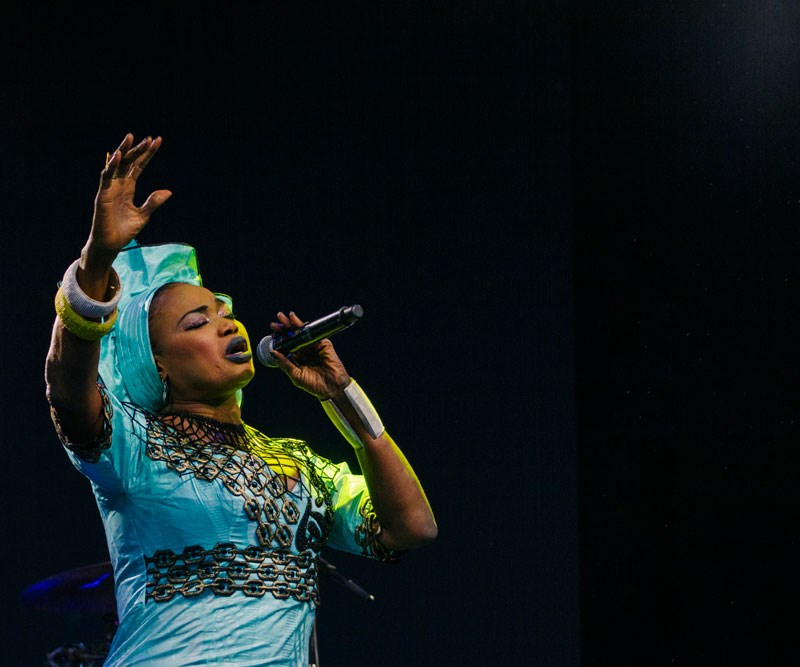
Oumou Sangaré at WOMAD 2017 (photo: Tom Askew-Miller)
The instrument’s hypnotic dance rhythms play a prominent part in Sangaré’s music, although her recordings use the higher-pitched non-ritual version known as the kamele ngoni, as she sings in the potent Wassoulou style known as koni (‘songbird’).
‘Women have a hard time in Africa,’ she says. ‘My role is to speak directly to women both through my songs and setting an example and showing them that they can make their own decisions.’


